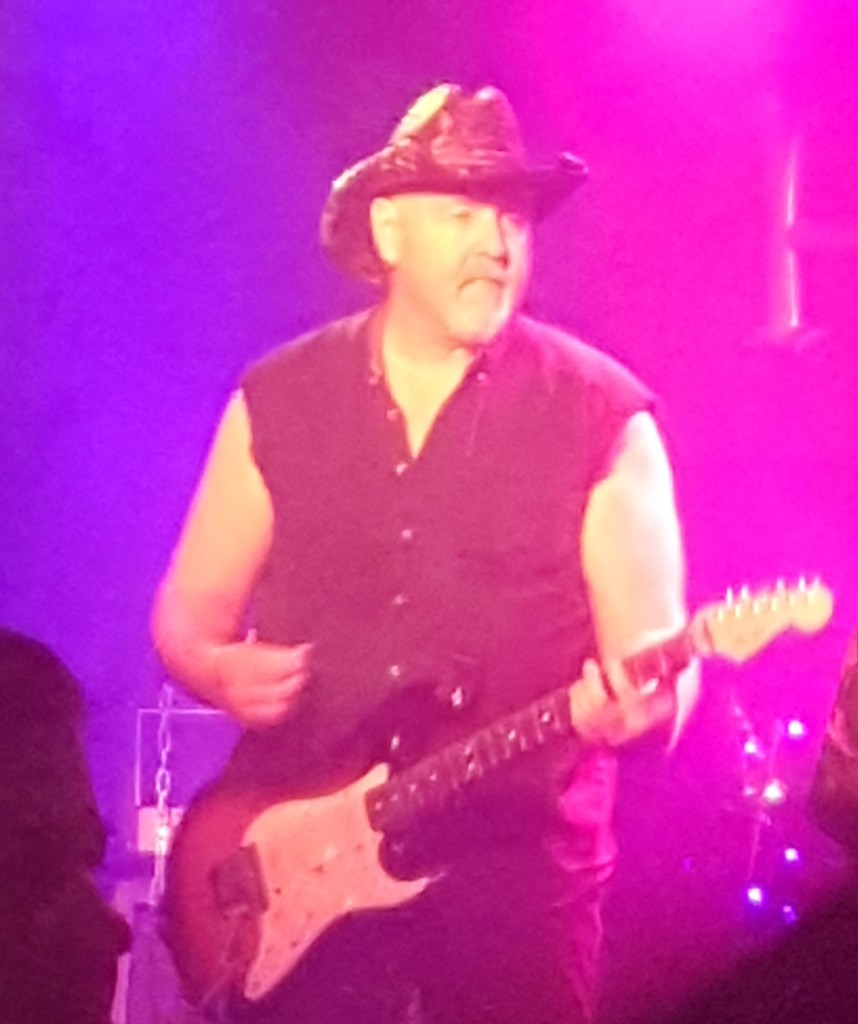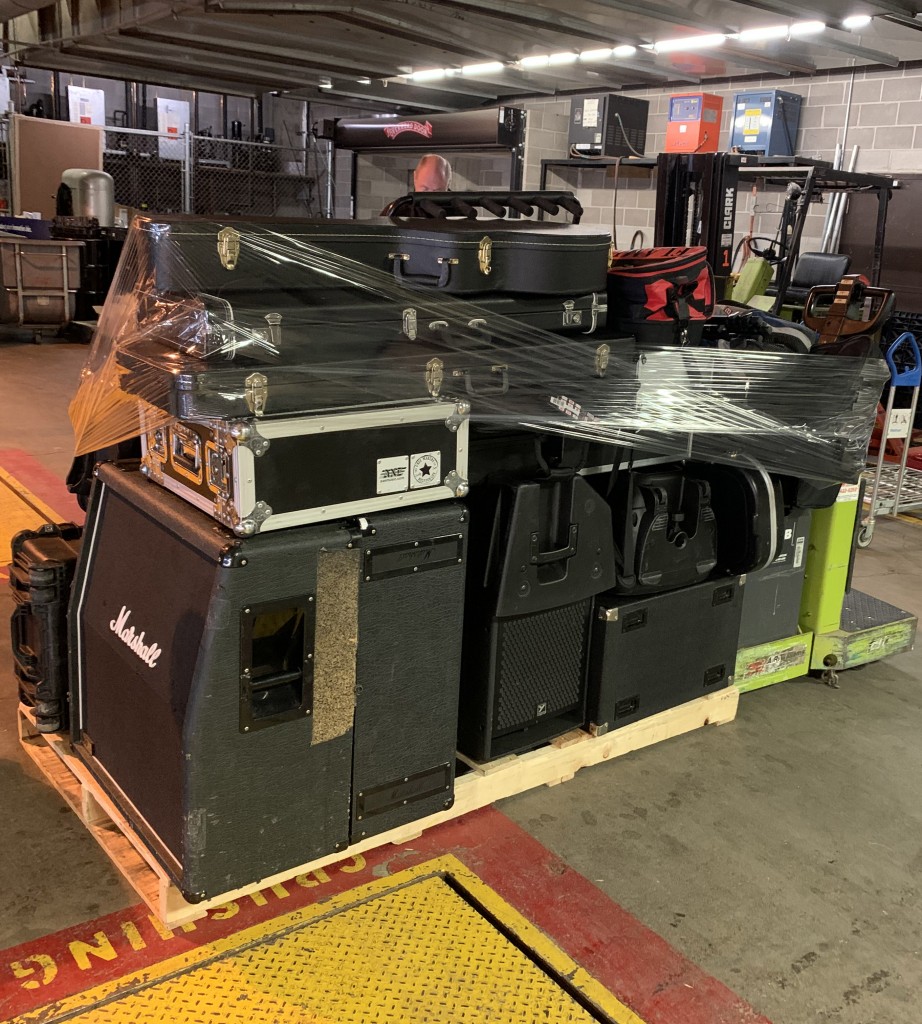Support at : https://www.patreon.com/theprairiedogz -or- https://paypal.me/theprairiedogz
Alright, so you met some guys you like to play with, you learned some songs, and someone in the band reached out and found your band a gig.
Congratulations!
There are a few things to think about.
What is your objective? There are two objectives you should think about. First is to share and experience the music with your audience and the second objective is to get invited back. This means that a guest who is seeing your band must have fun and be moved by your music. The talent buyer, or organizer needs to feel good about the decision to book you. There are several things that will bring all of this together.
PA and Load In
If you are renting a PA, tell rental agent about the room that you will be playing in and how many people are expected and the type of music you play. You don’t need a massive system, you need the right system for the room, so TAKE THE ADVICE OF THE RENTAL AGENT. Remember that lighting is very important. Two stands with four lights on each will make a huge difference to your show and won’t break the bank. Unless you have practiced extensively with in ear monitors, go with wedges for this show. ASK ENOUGH QUESTIONS about the operation of the board so you won’t be overwhelmed when you set up.
When coordinating your arrival and load in time with the talent buyer, leave yourself extra time for unexpected delays as well a time to kick back and relax after your sound check. Lots of guys finish their sound check playing the song they are opening their show with. If you go on at 9 PM, have your sound check complete and be having supper by 7:30.
Stage Gear
The more shows you do, the simpler you will want your rig to be. Loading in and out is tough work. That being said, it is fun using big equipment and if you own it and there is room on the stage and you don’t mind hauling it then, what the heck, use it. My opinion is that a couple 100 watt Marshalls on stage always looks cool.
Have your rig set up so it is quick to plug in and quick to tear down. If you are opening for another band you will need to get off the stage ASAP.
DRESS THE PART. Have stage clothes. Don’t dress like you just came from school or took your kid to the park. Be a rock star.
Set List
Each band member should have the set list in front of him. Remember that transitions between songs are a key part of your performance. Get in the habit of looking at the set list while you are playing so you know what comes next. Ten seconds of dead air is a killer and people will leave the dance floor. Know who is starting each song and have your endings worked out in advance.
Playing it Right
In most smaller rooms, the drums end up too loud in the mix which really takes away from the energy of the song. The drummer needs to play to the room, use the right sticks and not drown out the band. That is absolutely expected from a professional drummer.
Likewise, being a guitar player means NOT DROWNING OUT YOUR SINGER. You need to hear yourself so you play your parts correctly but still hear the band to follow cues. Have a volume boost for your solos and make it load enough to climb above the rest of the band. IT WILL NOT SOUND LIKE WHEN YOU PRACTICE AT HOME. The more you play, the more you will get used to playing with a mix that leaves much to be desired. That is OK, and secondary to a good sound front of house.
Start and finish your solos on time. Know that the bass player way over on the other side of the stage might not be able to hear you. Save the extra bars of shred for practice at home.
YOU WILL MAKE MISTAKES, DON’T frown or look at your band mates when they make a mistake and no one will ever notice. The girls on the dance floor didn’t get dressed up and come to where you are playing in hope that you hit every note perfectly. They want to have fun and are on your side. Everyone in the room wants the same thing, to have fun and enjoy the music.
FOLLOW YOUR SINGER. If he changes the arrangement on the fly, so be it.
Really enjoy your show. The standard line is “Play every show like it is your last.” Savor every minute.
DON’T LOOK AT THE FLOOR. Keep your head up and try to make eye contact with the crowd. You are there to have fun and engage with the audience. This is way more important than getting a few extra sweep arpeggios in.
DON’T SPLATTER THE CROWD. If you are playing more than one set, walk around and ask people if it is too load. Take the time to talk to people in the crowd that you don’t know. People will remember you if you talk to them.
Keith Hambrook
The Prairie Dogz



